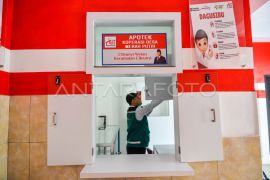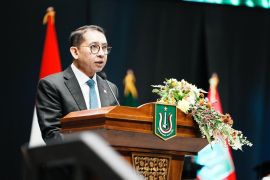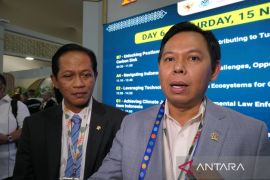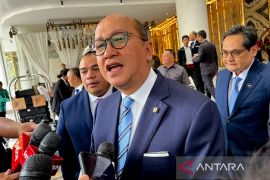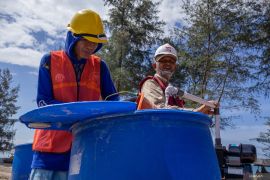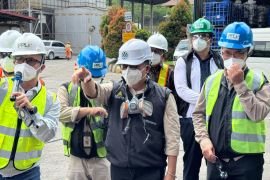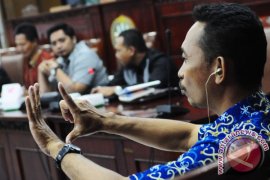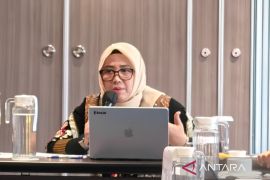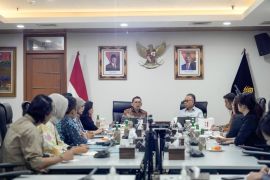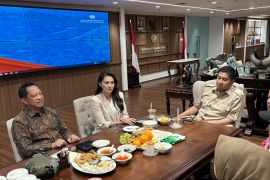BANGKOK, Oct 28, 2014 - (ANTARA) - Following the recent inauguration Indonesia's new President Joko Widodo, central to the party's mandate is a plan for economic reform, including modernising Indonesia's infrastructure, attracting investment in the manufacturing sector, reducing the nation's reliance on selling raw materials and setting an economic growth rate target of 7%.
One of Widodo's boldest moves is to slash generous fuel subsidies within the first two weeks of taking office - leading to an expected 50% increase in subsidised fuel prices, the steepest fuel price increase in nine years. The move has been met with resistance from the industrial sector in Indonesia, who were hit hard by electricity price hikes in July of this year as the government looked to curb subsidies.
With electricity consumption within the country increasing dramatically, in large part due to the industrial sector where it rose by 6.99% year-on-year (YoY) to 64.38 million MWh, both government and industry are re-evaluating their power sources to decrease electricity costs.
The government plan to develop the geothermal power industry to meet energy demand has failed to reach expectations, with Indonesia struggling to attract investors to participate. In response, Widodo's new administration has proposed to focus on solar and hydropower, believing that the plan will attract a greater number of private sector investors to the market.
Rida Mulyana, Director General of New Energy, Renewables and Energy Efficiency at the Indonesian Ministry of Energy, will address the solar industry private sector on 25 November at the Solar Energy Southeast Asia congress in Bangkok to present the new administration's vision for solar deployment.
Speaking about the congress and upcoming revisions, Rusydi Mitabu, Director General of SGI-Mitabu, the company behind Indonesia's largest solar plant and also a speaker at the congress, commented that it was an exciting time for solar in the country.
"The main constraint for economic growth in Indonesia is electricity and the government recognises this. The government plans to increase installed electricity capacity to 200GW in the next 15 years, with at least 10% of this coming from renewables, presenting a wealth of opportunities for PV. In addition to this, the recent awarding of the Asian Games to the country as well as proposals for special economic development zones released in July create further opportunities for PV deployment."
Rusydi Mitabu and Rida Mulyana will be speaking at the Solar Energy Southeast Asia congress on 25-26 November at the Impact Arena in Bangkok.
About Solar Energy Southeast Asia
Following a successful launch in 2013, Solar Energy Southeast Asia conference returns to the IMPACT Arena in Bangkok, to bring together local government officials and senior private sector executives representing project developers, EPCs, investors & technology providers. The event aims to promote solar investment and best practice in the Southeast Asian region. For more information please visit http://seasia.solarenergyevents.com.
Solar Media Ltd.
Solar Media provides the most authoritative independent and valuable information for the international solar industry, online, in print and in person. Publications include PV Tech news available in English (pv-tech.org) and Chinese (pv-tech.cn), Solar Business Focus magazine (solarbusinessfocus.com), Photovoltaics International journal and Manufacturing the Future: a comprehensive annual technical journal written by over 150 leading PV industry experts.
Contact:
Solar Media Ltd
Hilda Ho
Marketing Coordinator
Solar Energy Southeast Asia
Tel: +44 207 871 0122
Email: hho@solarmedia.co.uk
Web: http://seasia.solarenergyevents.com
Twitter: @_SolarEnergy #SEASIA
Editor: PR Wire
Copyright © ANTARA 2014
